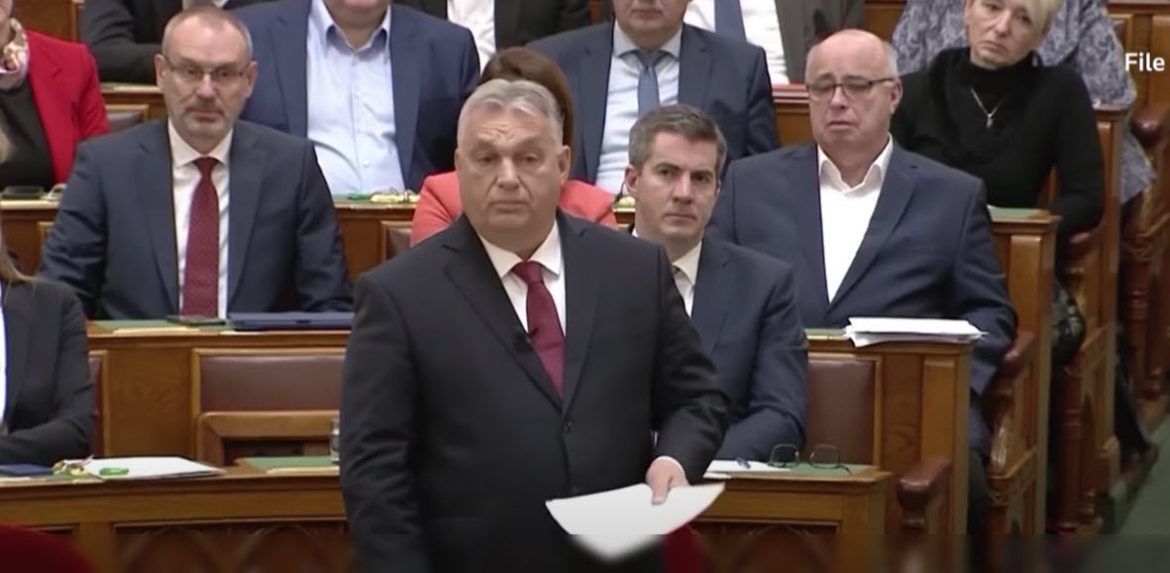In a diplomatic breakthrough, the European Union (EU) has successfully reached an agreement on a new $54 billion aid package for Ukraine, overcoming political infighting and a potential veto threat from Hungary. The move comes at a crucial time for Kyiv, as it grapples with ongoing geopolitical challenges and seeks sustained support from its European partners.
The aid package, intended to bolster Ukraine’s economic resilience and address pressing humanitarian needs, faced hurdles due to internal disagreements within the EU and concerns raised by Hungary. The dissenting member state had initially posed a veto threat, citing specific reservations that had stalled progress on the long-term funding commitment.
The political infighting, not limited to the EU alone, has also been evident in the United States, further complicating efforts to secure a stable and reliable source of funding for Ukraine. The delay in reaching a consensus on financial assistance has raised concerns about the impact on Kyiv’s ability to address immediate challenges and pursue long-term strategic goals.
The $54 billion aid package is seen as a critical lifeline for Ukraine, providing much-needed support for economic recovery, infrastructure development, and social programs. The EU’s commitment underscores the bloc’s dedication to standing in solidarity with Ukraine amid ongoing geopolitical tensions and security concerns in the region.
The resolution of internal disputes within the EU highlights the diplomatic efforts undertaken to ensure a united front in supporting Ukraine. The bloc’s ability to navigate differences and present a cohesive stance sends a strong message of solidarity to the international community and, notably, to Russia, which has been closely monitoring developments in the region.
As the aid package moves forward, it is anticipated that the financial support will not only address immediate needs but also contribute to fostering stability in Ukraine and reinforcing the country’s resilience against external pressures. The EU’s decision is likely to have broader implications for diplomatic relations within the bloc and the effectiveness of coordinated efforts in responding to global challenges.
In the face of complex geopolitical dynamics, the approval of the aid package reflects a commitment to maintaining unity and cooperation among EU member states, reinforcing the bloc’s role as a key player in international diplomacy.



